US$1m boost for crop diversity
- By Zimpapers Syndication |
- 08 Jan, 2026 |
- 0

Sifelani Tsiko ---
Smallholder farmers from Malawi, Zambia and Zimbabwe are set to benefit from a US$1 million UN Food and Agriculture Organisation – Benefit Sharing Fund project that aims to promote crop diversity conservation and reduce the impact of climate change and other natural disasters on the livelihoods of resource - poor farmers.
Speaking at a launch of the project recently, Andrew Mushita, director of Community Technology Development Trust (CTDT), the implementing partner, said the FAO – BSF project sought to facilitate the implementation of Strategic Action Plans for plant genetic resources and use for the improvement of food and nutrition security under changing climate change.
“This project will certainly go a long way in strengthening local community participation in plant genetic resources conservation and crop diversification,” he said.
“The FAO is supporting the project to the tune of US$800 000 and CTDT is chipping in with US$200 000 giving us a total of US$1 million for this regional project.”
He bemoaned that the rapid loss of diverse cultivated indigenous crops and their wild relatives is affecting the poor, threatening the future of agricultural development in Malawi, Zambia and Zimbabwe and most other African countries.
“Most of our smallholder farmers in Malawi, Zambia and Zimbabwe and across the region are growing maize only. This monoculture which is being promoted by large seed industries is compromising the capacity of farmers to adapt to climate change,” Mushita said.
“It’s too risky for farmers in the wake of climate change. We need to de-maize this region and promote the growing of legumes, small grains and wild crop relatives which can adapt to climatic changes.”
In the past, African farmers practiced traditional agriculture which involved planting a wide diversity of different plant crops.
Agricultural experts say this had considerable advantages as a method of insurance.
The farmer who grows a single crop runs the risk that conditions in a particular year might not be appropriate for it.
The weather may not be right or his crop might be subject to pest infestations leaving farmers exposed to crop failure.
This then means that the more different crops the farmer grows, the lower the risk, since at least some of his crops are likely to tolerate the weather conditions, and the pest outbreak is extremely unlikely to affect each of his crops.
“Within these three countries we want to promote crop diversity through farmer-led activities such as farmer field schools and participatory variety selection,” Mushita said.
“We want our farmers to be assured of food security and nutrition regardless of the vagaries of climate. Our work will focus more on supporting farmers in drought prone areas in Malawi, Zambia and Zimbabwe.”
Agriculture, Mechanisation and Irrigation Development ministry official, Joseph Gondo hailed CTDT and the FAO for embarking on the project, which he said will help strengthen regional co-operation in terms of addressing food and nutritional security.
“The Benefit Sharing Fund project is important and goes a long way in contributing to the production of food by assisting farmers to adapt to climate change through targeted set of high impact activities on the conservation and sustainable use of plant genetic resources,” he said.
“We need to strengthen cooperation through knowledge sharing, best practices and sustainable use of crop diversity as we seek common ground to build inclusive and mutually beneficial partnerships to enhance the region’s long –term food security.”
The BSF project will also promote linkages between community seed banks, national gene banks and the SADC Gene Bank to address food security in the region.
Mushita said the broad objective of the project is to contribute to improved food security and nutrition in the selected low rainfall districts of Malawi, Zambia and Zimbabwe which are mostly affected by adverse climatic conditions.
This project stems from the International Treaty on Plant Genetic Resources for Food and Agriculture (ITPGRFA) US$10 million Benefit-Sharing Fund (BSF) initiative for supporting new projects aimed at the conservation and sustainable use of plant genetic material in developing countries.
In simple terms, this project aims to support long standing customary practices and enable family farmers to develop, exchange, sell and use traditional and region specific seed varieties.
Agricultural experts say the access and benefit sharing processes are anchored on the international ‘Access Benefit Sharing’ regime, which consists of the Convention on Biological Diversity (CBD) and its Nagoya Protocol and the ITPGRFA.
Both the CBD and the Treaty recognise the role of indigenous groups and family farmers in the conservation and sustainable use of crop diversity, and both support ABS arrangements through different mechanisms.
Despite the existence of this ABS regime, indigenous groups and family farmers have so far received very limited financial and material support from it, due to what analysts say are political, legal and bureaucratic complexities and hurdles, lack of national implementation capacities, and costly operational procedures.
Many neglected indigenous crops and plants can play an important role in fighting hunger, soil erosion and loss of biodiversity in developing countries.
“We want to promote the growing of climate change resilient crops and plants to improve food security and nutrition security,” Mushita said. “The growing of small grains and legumes has been neglected and yet this is very critical for our farmers in the wake of this El Nino-induced drought we are facing.
“Heavy reliance on large seed companies for maize seed is leading to the rapid loss of crop diversity as farmers are exposed to numerous risks related to crop failure.”
In sub Saharan Africa, there has been a reduction of yields due to climate related uncertainties, agricultural experts say.
Climate change has cut crop output due to rising temperatures, changing rainfall amounts and patterns, extreme weather events and other vagaries of nature.
This has necessitated the need to enhance the capacity of farmers to become resilient to droughts and floods.
Agricultural experts say the absence of solid policy frameworks to promote the production of indigenous vegetable seed such as tsunga, nyevhe, mutsine, (okra varieties) derere rebupwe, regusha, rename, renyunje as well as indigenous seed varieties for sorghum, millet, cow peas, pumpkins and a whole range of other crops has led to the rapid loss of Zimbabwe’s crop diversity.
This plays out in Malawi, Zambia and most other countries in the region.
Agricultural experts say the world’s agro-biodiversity is disappearing at an alarming rate. For several major crops, up to 80 - 90 percent losses in variety over the past century have been reported.
Zimbabwe and most other countries in the region have lost a number of local crop varieties due to neglect, erosion of local indigenous knowledge systems, promotion of improved varieties, lack of incentives for locally adapted crops and recognition of the keepers of crop diversity among other factors.
Health experts bemoan the erosion of indigenous vegetables, indigenous crop varieties such as sorghum, pearl and finger millets, cowpeas, bambara nuts and other neglected and under-utilized crop species (NUS) such as taro and madhumbe which they argue are important in improving the nutrition of people particularly now when there is a rise in non-communicable diseases such as cancer, diabetes and others.
They say it is worrying that the consumption of indigenous vegetables, cereals and legumes had declined sharply with the introduction and aggressive promotion of exotic vegetables (cabbages, spinach, carrots, and broccoli) and other fast foods.
Experts say one of the major problems constraining agricultural development in Africa, particularly in the face of climate change when access to new and genetically diverse varieties is critical, is the lack of support for smallholder farmer seed production and distribution system.
This, they argued, has hampered efforts to improve the supply of quality seeds of adapted varieties in remote parts of the country which have no easy access to seed produced by big companies in faraway cities.
They said most governments in Africa have created a conducive environment for private sector seed companies to thrive, marginalizing smallholder farmers who have safeguarded and conserved indigenous seed varieties for ages.
The private sector, largely driven by profit, has not taken up the challenge to promote self-pollinated and open-pollinated indigenous crop and vegetable varieties.
Private seed producers argue strongly that it is not attractive to private investment because of low profit even though agricultural experts now say crop diversity – a mixture of high yielding seed varieties and indigenous varieties is vital for nutrition density as opposed to the old belief of high yields per hectare.
As a result smallholder farmers are left without access to seeds of new and improved varieties of their local food security crops because of lack of indigenous crop research and development policy support.
“We have completely underrated small grains (indigenous crops) and we need to change this,” Moffat Nyamangara, a senior official in the Ministry of Agriculture, Mechanisation and Irrigation Development, once said.
“We need the right curriculum to promote local seed varieties. Unless we have a very strong seed system, we are going to fail in terms of strengthening our food security system.
“The key player is our smallholder farmer and he is the person who is going to deliver food security to Zimbabwe.”
Most agricultural experts say the Treaty's Benefit - Sharing Fund must operate to benefit small farmers conserving diversity, and not be influenced by seed industry interests.
No Comments


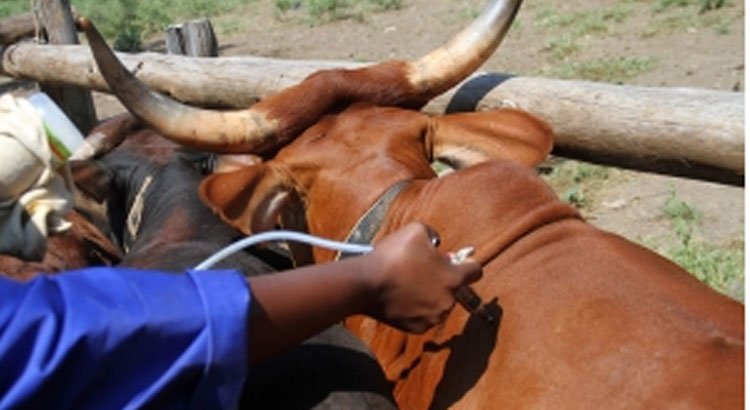
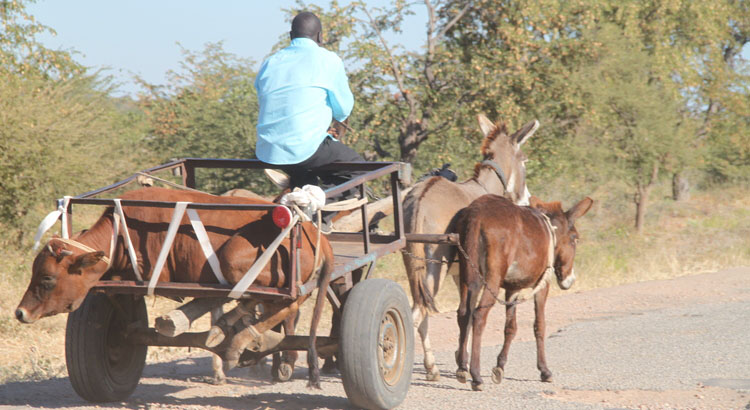

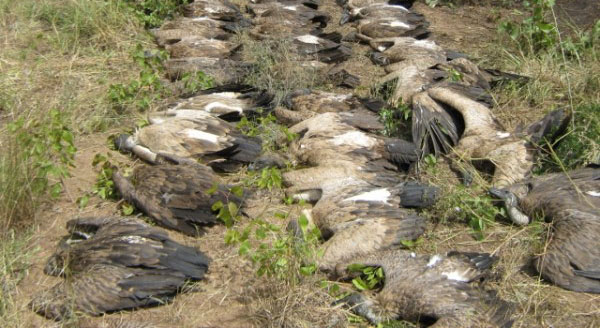
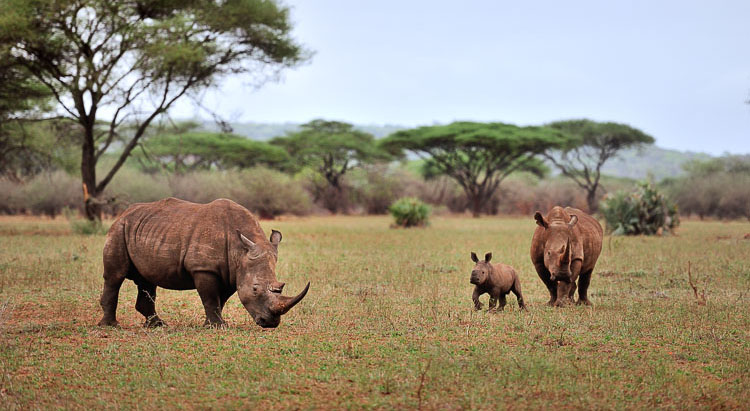






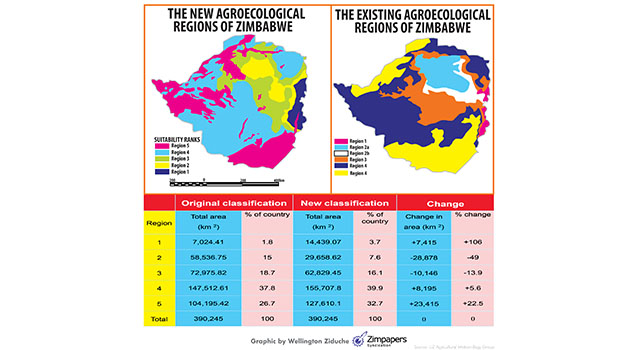
Comment